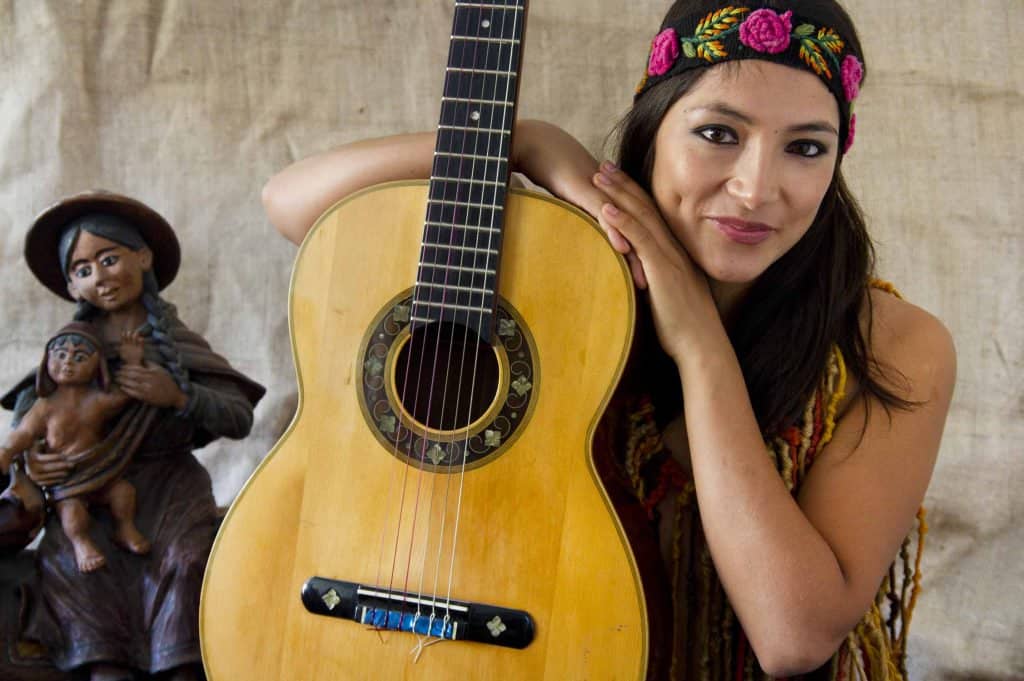
The official launch of the International Year of Indigenous Languages (IYIL), co-organized by the United Nations Educational, Scientific, and Cultural Organization (UNESCO) and the United Nations Department of Economic and Social Affairs (UNDESA), took place on Monday, Jan. 28, 2019, at UNESCO Headquarters in Paris, France.
To be held under the theme “Indigenous languages matter for sustainable development, peace building, and reconciliation,” this official launch event will gather indigenous peoples, governmental officials, civil society, academia, media, information organizations, United Nations agencies, public language harmonization and documentation institutions, and private-sector bodies.
The aim is to provide a global forum for a constructive debate in which officials and prominent experts will address new paradigms for safeguarding, promoting, and providing access to knowledge and information for the indigenous languages’ users.
“Indigenous languages matter for social, economic, and political development, peaceful coexistence, and reconciliation in our societies. Yet many of them are in danger of disappearing. It is for this reason that the United Nations declared 2019 the Year of Indigenous Languages in order to encourage urgent action to preserve, revitalize, and promote them,” explains the IYIL website.
In 2016, the United Nations General Assembly adopted a resolution proclaiming 2019 as the International Year of Indigenous Languages, based on a recommendation by the Permanent Forum on Indigenous Issues. At the time, the Forum said that 40% of the estimated 6,700 languages spoken around the world were in danger of disappearing. The fact that most of these are indigenous languages puts the cultures and knowledge systems to which they belong at risk.
In addition, indigenous peoples are often isolated both politically and socially in the countries they live in, by the geographical locations of their communities and their separate histories, cultures, languages, and traditions.
And yet not only are they leaders in protecting the environment but their languages represent complex systems of knowledge and communication and should be recognized as strategic national resources for development, peace building, and reconciliation.
They also foster and promote unique local cultures, customs, and values which have endured for thousands of years. Indigenous languages add to the rich tapestry of global cultural diversity. Without them, the world would be a poorer place.
Celebrating IYIL2019 will help promote and protect indigenous languages and improve the lives of those who speak them. It will contribute to achieving the objectives set out in the United Nations Declaration on the Rights of Indigenous Peoples and the 2030 Agenda on Sustainable Development.
The celebration is also expected to strengthen and reinforce the many standard-setting tools adopted by the international community, which include specific provisions to promote and protect languages.
To partner or find out more, visit https://en.iyil2019.org/.





